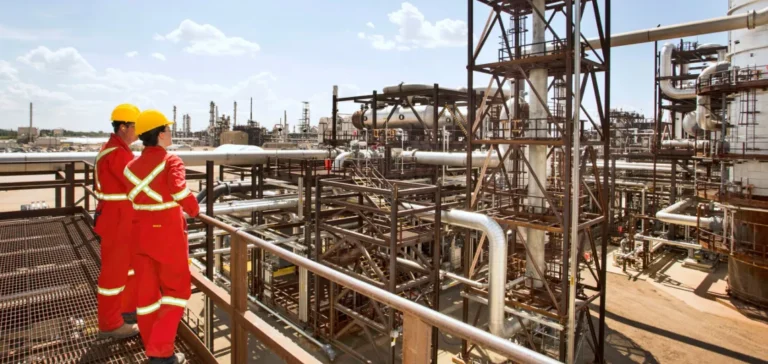The Minister of Energy and Natural Resources, Tim Hodgson, announced a CAD21.5mn ($15.8mn) grant to support carbon capture, utilisation and storage (CCUS) technologies in Alberta. The envelope, unveiled on 4 July, will be shared between Bow Valley Carbon Cochrane, the Open Access Wabamun hub and Enhance Energy’s Origins cluster. Canadian Newswire reported the same day that the funds will finance storage-site characterisation, dedicated pipeline engineering and the validation of advanced geophysical solutions. Ottawa specified that the financing comes from the Energy Innovation Programme, a key instrument of the 2021 budget aimed at accelerating industrial decarbonisation.
Project details
Bow Valley Carbon Cochrane, led by Inter Pipeline and Entropy, plans to inject up to one million tonnes of carbon dioxide per year into saline formations near Cochrane, west of Calgary. The project is intended to confirm sequestration potential in western Alberta and reduce emissions from the neighbouring extraction plant. According to Inter Pipeline, Ottawa-funded seismic monitoring will track CO₂ migration in real time. The company estimates commercial start-up could occur as early as 2028, subject to provincial approvals.
Enbridge will receive a portion of the support for its Open Access Wabamun hub, designed to connect several industrial emitters north and west of Edmonton. The hydrocarbon transporter plans a network of more than 180 kilometres of pipelines capable of carrying 12mn tonnes of CO₂ per year to deep saline reservoirs. Five local Indigenous communities will hold an option for co-ownership once the infrastructure is built, vice-president Colin Gruending said. Enbridge expects a final investment decision before the end of 2026.
Expanded federal funding
The announced credits add to the CAD319mn budgeted over seven years for research, development and demonstration of CCUS technologies. In parallel, Ottawa is offering up to CAD93bn in tax incentives through 2034 to accelerate private investment in low-carbon infrastructure. The ministry estimates the sector could support more than 35 000 Canadian jobs over the next decade. In its latest budget plan, the government confirmed that the investment tax credit for CCUS will remain capped at 50 % of eligible expenditures.
OptiSeis Solutions will use the federal grant to test high-resolution seismic interpretation aimed at optimising post-injection monitoring programmes. OCCAM’s Technologies will deploy a modified diesel engine prototype capable of reducing CO₂ emissions by up to 40 % thanks to an integrated micro-reactor. These two initiatives must demonstrate the applicability of compact, low-pressure systems at remote sites where connection to the CO₂ transport network remains limited. Tim Hodgson stated that these projects “show the world that [Canada] is not just talking about clean energy – it is producing it”.
Sector outlook
Official data indicate that Alberta accounts for nearly 70 % of Canada’s industrial emissions, making the province a priority axis for capture projects. The government estimates that annual capacity of 30mn tonnes will be required to achieve carbon neutrality by 2050. Investors are closely monitoring the stability of the fiscal framework before making final investment decisions, particularly regarding the federal carbon price. “These facilities will pave the way for long-term emission reductions in the region,” said Inter Pipeline chief executive Paul Hawksworth, stressing the key role of public support.






















